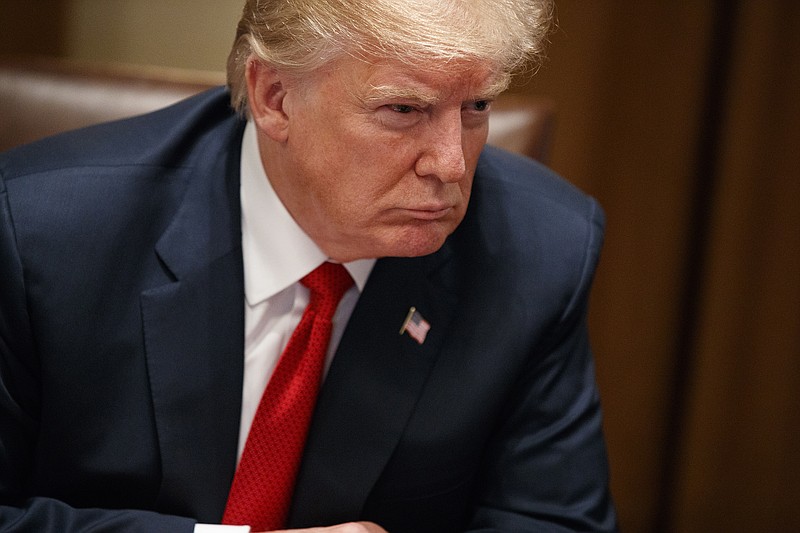When talking about stock markets, there are three rules you have to remember. First, the stock market is not the economy. Second, the stock market is not the economy. Third, the stock market is not the economy.
So the market plunge of the past few days might mean nothing at all.
On one side, don't assume that there was a good reason for the slide. When stocks crashed in 1987, economist Robert Shiller carried out a real-time survey of investor motivations; it turned out that the crash was essentially a pure self-fulfilling panic. People weren't selling because some news item caused them to revise their views about stock values; they sold because they saw that other people were selling.
And on the other side, don't assume that the stock price decline tells us much about the economic future, either. The great economist Paul Samuelson famously quipped that the stock market had predicted nine of the past five recessions. That 1987 crash, for example, was followed not by a recession, but by solid growth.
What the data say is that at the very least America is heading for a downshift in its growth rate; the available evidence suggests that growth over the next decade will be something like 1.5 percent a year, not the 3 percent Donald Trump and his minions keep promising.
About that plummet: If there was any news item behind it, it was Friday's employment report, which showed a significant although not huge rise in wages. Now, rising wages are a good thing.
But we're now seeing fairly strong evidence that the U.S. economy is nearing full employment. That is only part of the story. There's also the growing willingness of workers to quit their jobs, something they don't do unless they're confident of finding new employment. And now wages are finally rising.
Again, this is all good news. But it does mean that future U.S. growth can't come from putting the unemployed back to work. It has to come either from growth in the pool of potential workers or from rising productivity, that is, more output per worker.
Yet with baby boomers retiring, growth in the U.S. working-age population, especially in prime working years, has slowed to a crawl, while productivity growth has been disappointing. Together, these factors suggest an economy likely to grow only half as fast as Trump promises.
But should we be worried about something worse than a mere downshift in growth?
Well, asset prices do look high: A widely used gauge of stock valuations puts them at a 15-year high, while a conceptually similar measure says that housing prices have retraced a bit less than half the rise that culminated in the great housing bust.
Individually, these numbers aren't that alarming: Stocks, as I said, don't look nearly as overvalued as they did in 2000, housing not nearly as overvalued as it was in 2006. On the other hand, this time both markets look overvalued at the same time.
And if asset prices take a hit, we might expect consumers - who have been spending heavily and saving very little - to pull back.
Still, all of this would be manageable if key policymakers could be counted on to act effectively. Which is where I get worried.
It's surely not a good thing that Trump got rid of one of the most distinguished Federal Reserve chairs in history just before markets started to flash some warning signs.
Meanwhile, the current secretary of the Treasury - who declared of Davos, "I don't think it's a hangout for globalists" - may be the least distinguished, least informed individual ever to hold that position.
So are we heading for trouble? Too soon to tell. But if we are, rest assured that we'll have the worst possible people on the case.
The New York Times
